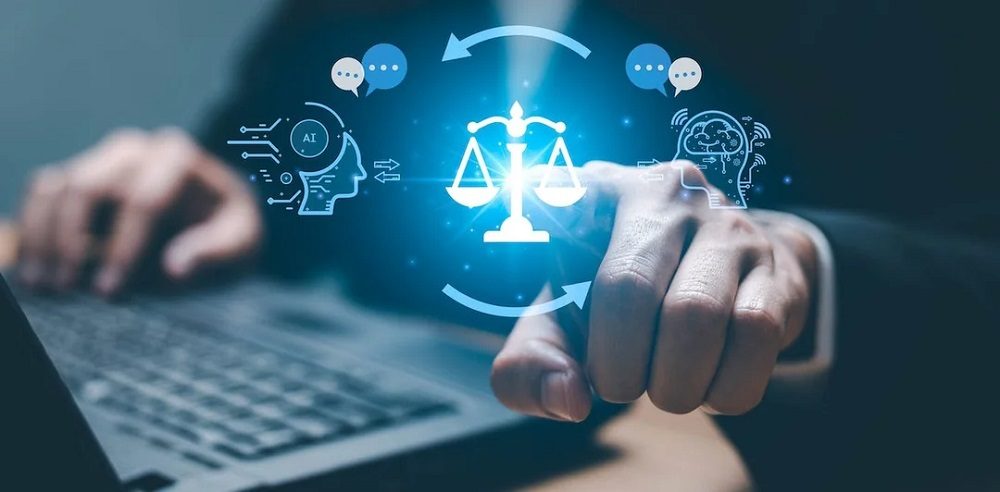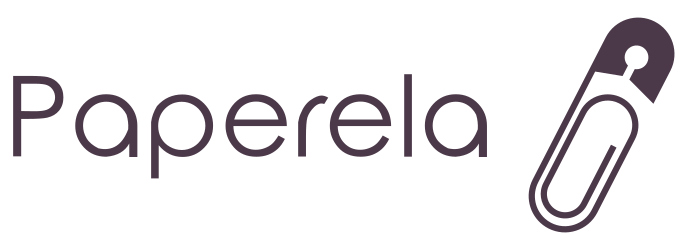
Will AI Legal Advice Empower or Exclude Those in Need of Justice?

The rapid advancement of technology has introduced AI legal advice into the legal profession, creating both excitement and concern. Law firms, large and small, are increasingly relying on AI to streamline processes and automate routine tasks. While AI has the potential to reduce costs and increase access to legal services, it also presents significant risks for those who are less familiar with digital technology, potentially widening the justice gap.
The Growing Role of AI in Legal Advice
AI legal advice has quickly become a valuable tool in law firms worldwide. According to recent data, more than three-quarters of large solicitor firms were utilizing AI in some capacity by 2022. AI tools are often used to review documents, predict case outcomes, and manage administrative tasks more efficiently. This innovation offers smaller firms a cost-effective solution to handling their caseloads. These technological advancements can improve clients’ access to legal services by reducing the workload of legal professionals.
However, while this development seems promising, there are concerns about the broader implications of AI in the legal field, particularly around issues like accountability and potential biases in AI-generated advice.

Sora Shimazaki | Pexels | AI legal advice has quickly become a valuable tool in law firms worldwide.
The Risks of AI in Legal Systems
AI technology is not infallible. There have been instances of AI “hallucinations,” where the system produces inaccurate or misleading information. Such errors can have serious consequences, especially in legal contexts. In one notable case, a lawyer in New York submitted a legal brief that included six entirely fabricated judicial decisions, the result of relying on flawed AI-generated data. This demonstrates that while AI can assist legal professionals, unchecked reliance on it can lead to dangerous outcomes.
Judicial bodies, particularly in the UK, have begun issuing guidance for using AI in legal contexts. However, the current regulatory approach remains conservative, especially compared to the more stringent frameworks in places like the European Union. The lack of consistent oversight leaves a significant gap in ensuring the safety and reliability of AI legal advice.
AI Legal Advice and Access to Justice
One of the most discussed benefits of AI in the legal sector is its potential to expand access to justice. Theoretically, AI could provide legal guidance to individuals who cannot afford traditional legal representation. However, the reality of this promise is more complex. Many individuals lack regular access to the internet or the necessary devices to use AI legal tools. This digital divide can prevent those who are most in need from accessing this technology.
In addition, the increasing reliance on AI may exclude those who struggle to interpret the legal advice provided. Vulnerable populations, such as older individuals, those with disabilities, or people with limited technological literacy, may find it difficult to navigate AI-generated legal resources. This creates a scenario where only those with the resources to understand and access the technology benefit from it.

Matheus Bertelli | Pexels | AI provides legal guidance to individuals who cannot afford traditional legal representation.
Digital Exclusion and Its Consequences
Despite the significant advancements in digital technology over the past few decades, millions of people remain digitally excluded. Legal issues are often complex and cannot be resolved as easily as customer service inquiries with a chatbot. Even the most advanced AI systems may struggle to provide relevant advice tailored to an individual’s legal situation. When chatbots and AI tools fail to offer appropriate guidance, users often have no choice but to seek assistance from human professionals.
Furthermore, individuals representing themselves in court—a growing trend due to cuts in legal aid—are at risk of misinterpreting AI-provided legal advice. Even when such advice is accessible, understanding its full legal implications and using it effectively in court can be overwhelming for non-experts.
Structural Inequality in AI Legal Advice
Pre-existing structural inequalities further complicate AI’s potential to bridge the legal representation gap. Financial barriers, technological illiteracy, and legal complexities already exclude many people from the justice system. While AI could reduce costs, its deployment could reinforce these barriers rather than break them down. With their human understanding and ability to provide tailored support, legal professionals remain essential for many people seeking justice.
More in Legal Advice
-
`
Investor David Einhorn Thinks Peloton Can Be Worth Five Times More IF It Cuts Costs
David Einhorn, founder and president of Greenlight Capital, has a bold vision for Peloton. He believes the struggling fitness company could...
November 7, 2024 -
`
How Interactive Matter Maps Improve Legal Research and Planning
Interactive matter maps have transformed legal research and planning by simplifying how law firms manage complex matters. These tools help legal...
November 1, 2024 -
`
The Role of Global Mobility in Business Planning for 2025
In an era where the competition for top talent is fierce, the significance of global mobility in business planning cannot be...
November 1, 2024 -
`
Trump vs. Harris – Who Does Hollywood Support?
As the race for the White House heats up, celebrity endorsements have become an influential force in shaping public opinion during...
October 22, 2024 -
`
How to Understand Your Energy Bill and Prevent Common Billing Errors
Understanding your energy bill is essential for managing household expenses and catching potential errors. Your energy bill offers a breakdown of...
October 18, 2024 -
`
Is Shawn Mendes’ Relationship With Camila Cabello Finally Clarified?
Recently, Shawn Mendes shared insights into his connection with Camila Cabello during an interview with Jay Shetty. Their relationship, which has...
October 15, 2024 -
`
China Stimulus Fuels Market Surge, But Can It Save the Ailing Economy?
The recent China stimulus measures have sparked renewed optimism in the markets, but doubts remain about whether these efforts will be...
October 10, 2024 -
`
Top 12 Little-Known Savings Tips for Cutting Expenses Fast
Are you looking for the best ways to save money? Saving money often feels like a daunting task, but it doesn’t...
October 10, 2024 -
`
Is Legal Advice from ChatGPT Trustworthy?
Legal advice from ChatGPT may seem like a convenient and cost-effective solution for those facing legal challenges. AI tools like ChatGPT...
October 5, 2024















You must be logged in to post a comment Login